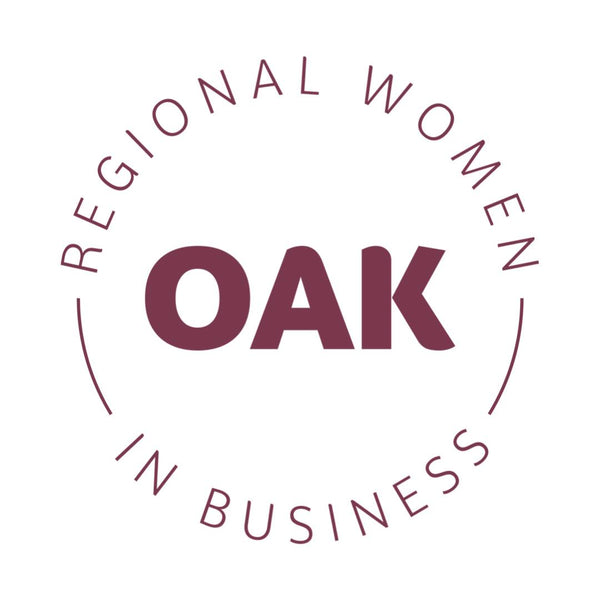WORDS: Alice Moffitt
Music has always been part of Sarah Donnelley’s life. Encouraged by her teachers, she started learning instruments and singing in choirs in primary school. So it comes as no surprise to learn that Sarah, now a school teacher herself, uses music to connect with her students.
“Music was a really important part of my education. In high school I had an incredible singing teacher who helped me find my voice. I also sang in a band and found the connection through music was really special,” says Sarah.
 Sarah, 31, moved to the far west of NSW in early 2019 to take up a position at Wilcannia Central School. Before the move she was teaching at a school, not far from where she grew up, in Sydney’s eastern suburbs. Sarah had been considering a remote placement for some time, so her family and friends weren’t too surprised when she moved 11 hours’ drive west.
Sarah, 31, moved to the far west of NSW in early 2019 to take up a position at Wilcannia Central School. Before the move she was teaching at a school, not far from where she grew up, in Sydney’s eastern suburbs. Sarah had been considering a remote placement for some time, so her family and friends weren’t too surprised when she moved 11 hours’ drive west.
“At university I volunteered at schools around Sydney and met Indigenous kids who spent time out on Country with family where they were really allowed to be themselves,” says Sarah.
“They’d come back with increased confidence and a sense of self. But over time you’d see them fall back into their city persona and it seemed like a metaphor for their sense of identity and cultural understanding. I was intrigued by what living and working out on Country could mean for my teaching and how I could explore curriculum in different ways through music and connecting with families, communities and Aboriginal culture.”
 Sarah’s approach to teaching has seen her become a much-loved member of the Wilcannia community and she is now deputy principal of the school of around 90 students. Sarah, who says that teaching is what she ‘was meant to do’, won the 2020 ARIA Award for Best Music Teacher for a song she recorded remotely with her students during the pandemic. She has now released a book about her experience in Wilcannia.
Sarah’s approach to teaching has seen her become a much-loved member of the Wilcannia community and she is now deputy principal of the school of around 90 students. Sarah, who says that teaching is what she ‘was meant to do’, won the 2020 ARIA Award for Best Music Teacher for a song she recorded remotely with her students during the pandemic. She has now released a book about her experience in Wilcannia.
“I hope my book inspires people to connect with and learn from the Traditional Owners of the land they’re on,” she says.
“I hope it opens their minds up about the misconceptions of Wilcannia and encourages teachers to value themselves and for others to recognise the amazing work teachers do.”
 Sarah also hopes her book will inspire more teachers to work in remote schools.
Sarah also hopes her book will inspire more teachers to work in remote schools.
“If you’re considering it, absolutely do it. Go with an open heart and mind and be prepared to throw yourself into everything. Make sure you have your own support network and your understanding of yourself is solid – you can’t be a good teacher if you’re not looking after yourself.
“Making connections outside the school community has also helped. I’ve played sport and made friends with people in Broken Hill and out on stations. People are surprised that I drive two hours just to see friends for dinner, but it’s a different world out here and it helps me understand the broader community.” Sarah says that Wilcannia has also given her a greater appreciation for the environment.
 “When I first arrived we were in the middle of drought. I learnt that Aboriginal peoples’ connection to the river [The Darling] affects their mental health and ability to participate in cultural activities. I’ll never forget standing on the Wilcannia Weir just watching and waiting for the water to arrive after big rains. The pelicans had arrived so we knew it was close. It’s a completely different atmosphere here when the river is up.”
“When I first arrived we were in the middle of drought. I learnt that Aboriginal peoples’ connection to the river [The Darling] affects their mental health and ability to participate in cultural activities. I’ll never forget standing on the Wilcannia Weir just watching and waiting for the water to arrive after big rains. The pelicans had arrived so we knew it was close. It’s a completely different atmosphere here when the river is up.”
Sarah says not long after she arrived in Wilcannia she realised she was now part of two very different worlds.
“I feel a sense of belonging in and connection to both. Wherever I end up, I know I will come back to Wilcannia for the rest of my life.”
---
Sarah’s memoir Big Things Grow (Allen & Unwin) is out now. All proceeds go to the Wilcannia Youth Foundation – a grass-roots organisation that aims to support and encourage the hopes and dreams of young people in Wilcannia.


1 comment
I have just read the book. Picked it up at my local post office for $7. It is worth ten times that. A must for all students wanting to become a teacher. It will teach them how important it is to connect to the students and the community they live in wherever that may be.